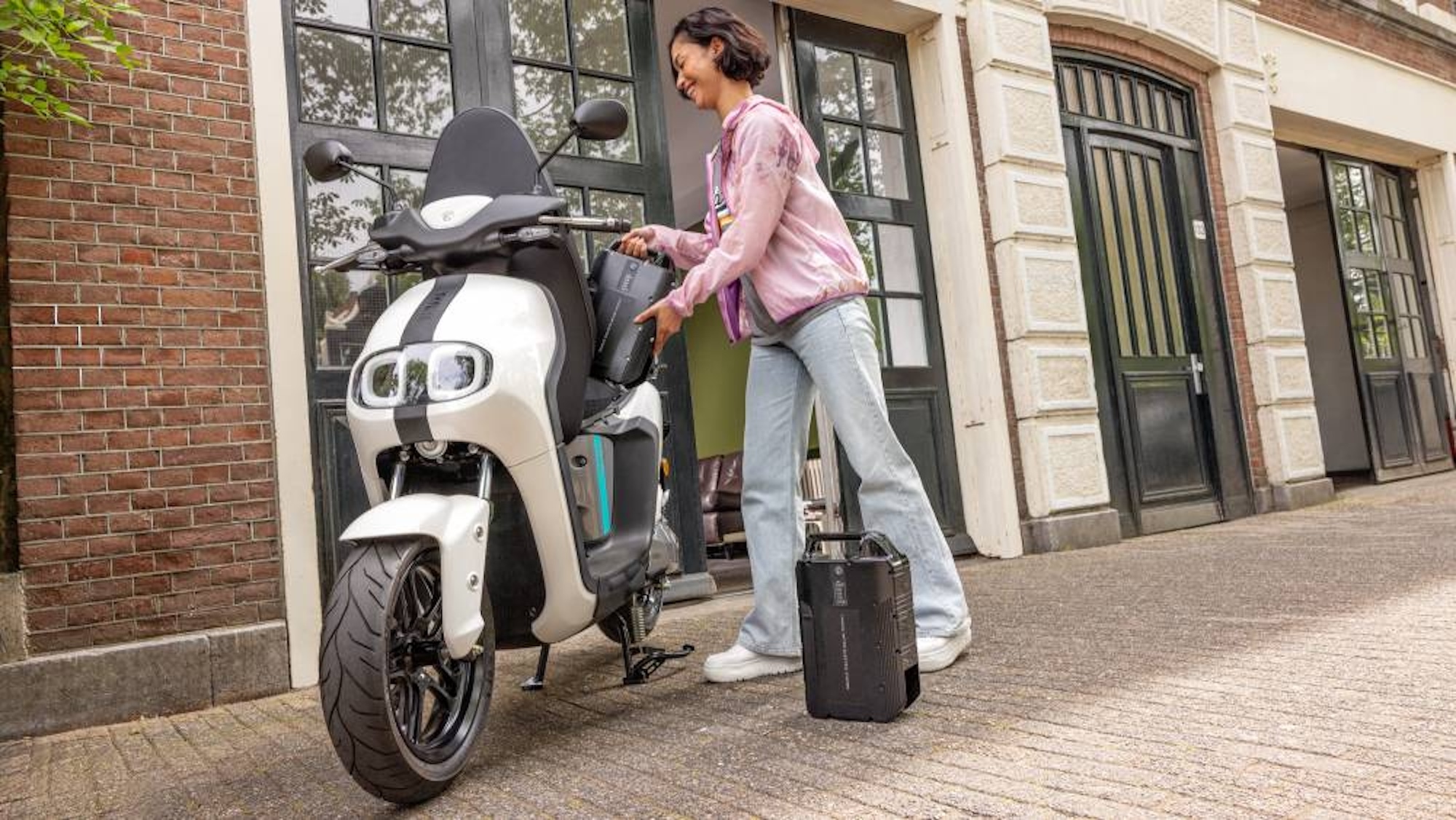admin
Staff member
|
Our industry may have seen piles of riders flocking to buy motorcycles during 2020-2022, but 2023 shows a different set of figures for the UK.
For those of you who don’t know, the MCIA is a body that represents the UK’s L-Category vehicle industry.
In other words, these sales stats are only for the UK… though we have enough here to ogle in anticipation of America’s own bike sales results, particularly in the EV category.
According to a recent study sourced from Phil West’s coverage on MCN, this past year’s bike sales dipped 2.5% to 113,589 units sold.


A scooter with a removable battery pack. Media provided baby the MCIA.
Gas sales vs. electric sales
Of the 113,589 in total sales, we have 109,000 gas machines (107,215 motorcycles if removing scooters and mopeds) and 4062 electric machines.
This last figure is quite interesting; not only do electric machines sold in 2023 make up a mere 3.6% of total sales, but the number is even less in 2022 – 37.5% less, in fact.
In plain speak, electric sales in the UK show just how much the masses are actually investing in the electrification strategies of certain brands.
…it’s not a lot, folks.


A handful of L-licensed motorcyclists. Media provided baby the MCIA.
What does the MCIA’s CEO say about 2023’s UK two-wheeled sales?
For Campbell, 2023’s results still show huge potential for our industry to take the lead in future recreational/personal transport:
– Tony Campbell, CEO, MCIA (MCN) |
What do you think of 2023’s motorcycle sales?
*Media provided by CNN Philippines, as well as the MCIA*
The post UK: 2023 Shows Dip in Sales… Especially for EVs appeared first on webBikeWorld.
Continue reading...


